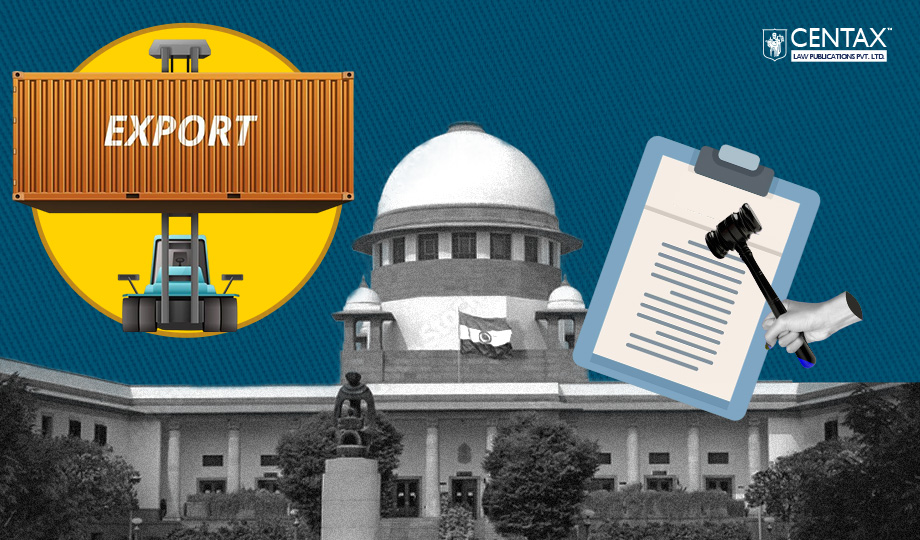
Case Details: Ajit Gulabchand Versus Director General of Foreign Trade (2025) 32 Centax 1 (Del.)
Judiciary and Counsel Details
- Tara Vitasta Ganju, J.
- S/Shri Dayan Krishnan, Sr. Adv. with Rishi Agrawala, Ms Tarini Khurana & Sukrit Seth, Advs., for the Petitioner.
- Ms Nidhi Raman, CGSC with S/Shri Zubin Singh, Akash Mishra & Arnav Mittal, Advs., for the Respondent.
Facts of the Case
The petitioner, a whole-time director of a company that had obtained Advance Licenses under the Foreign Trade Policy, was subjected to penalty proceedings initiated by the Director General of Foreign Trade (DGFT) for breach of export obligation. Show cause notices were issued only in the name of the company, enclosing a list of its directors without their individual addresses, and were returned unserved. Following the company’s winding-up, further notices, summons, and orders were again addressed solely to the company and not to its Official Liquidator or to the petitioner personally. The petitioner contended that he was not involved in the company’s day-to-day affairs, had no role in discharge of its export obligation, and could not have aided or abetted any contravention under the Foreign Trade (Development and Regulation) Act, 1992 (‘FTDR Act’). He further submitted that personal penalty under Section 11 could not be imposed in the absence of specific allegations. The DGFT argued that the petitioner, being a whole-time director, was automatically liable for the company’s default. The matter was accordingly placed before the Delhi High Court.
High Court Held
The Delhi High Court held that the imposition of penalty on the petitioner was in violation of Section 14 of the FTDR Act and the principles of natural justice. It found that service of show cause notices only on the company, without specifying directors’ addresses or serving them individually, did not amount to valid notice under law. The Court reiterated that a director cannot be held vicariously liable for company offences unless shown to be in charge of and responsible for the conduct of its business. The failure to issue notices to the Official Liquidator after the company’s winding-up further invalidated the proceedings. The DGFT’s inability to identify specific acts or omissions attributable to the petitioner rendered the penalty order arbitrary.
List of Cases Cited
- Godrej and Boyce v. State of Maharashtra — (2014) 3 SCC 430 — Referred [Para 8.2]
- Krishan Kumar Bangur v. Director General of Foreign Trade — 2006 SCC Online Del 422 — Relied on [Paras 8.4, 20, 21]
- Life Insurance Corporation of India v. Escorts Ltd. — by Supreme Court — Followed [Paras 9.4, 23]
Pankaj Kapal Mehra v. UOI — 2024:DHC:9917 — Relied on [Paras 8.4, 20, 21] - Santanu Ray v. Union of India — 1988 (38) E.L.T. 264 (Del.) — Relied on [Para 21]
- State of Punjab v. Bhatinda District Co-Op. Milk P. Union Ltd. — 2007 (217) E.L.T. 325 (S.C.) — Referred [Para 8.2]
- Ved Kapoor v. Union of India — 2014 (299) E.L.T. 385 (Del.) — Relied on [Paras 8.4, 20, 21]



















